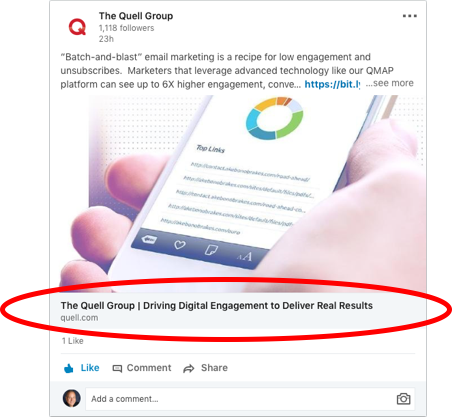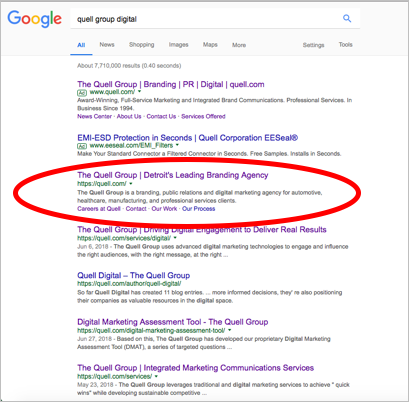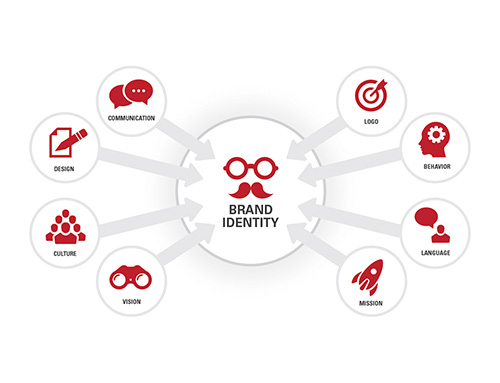
It’s that time of year when students are returning to campuses and classrooms, summer evenings have a bit of chill to them, and cider mills are gearing up to churn out dozens of donuts and gallons of cider for leaf peepers and tailgate parties. It’s also the time when corporate decision-makers return from summer vacations and start making decisions – and nothing is more important for those decisions than making sure that your engaging and relevant website content is easily accessible to them in search.
While there was a time – not too long ago – that technical search engine optimization (SEO) reigned supreme, today the name of the game in SEO is creating great on-page content and creating the metadata to make that content visible to human users. White hat techniques designed for search engine algorithms rather than users (like link-building) have become much less effective, and virtually gone are the days of “black hat” SEO tricks like keyword stuffing, cloaking and using private link networks.
Why? Well for one thing, the search engines have become much more sophisticated in locating and penalizing sites that use black hat techniques. But the more important long-term change is that AI and machine learning have been put to use to find out what happens after the user clicks on a search link, and can tell from that behavior when users have been duped or when users have actually found engaging, relevant content that matches their search intent.
With that in mind, here are three things you can do today to help improve your organic search rankings and generate high-quality traffic that is interested in your content. After all, the goal is to get your content in front of an relevant audience and to get them to take some action as result – request more information, download your gated content, sign up for a webinar.
#1: Make sure your important website pages have SEO-friendly titles
The ideal title for SEO purposes is less than 70 characters and features both the company name and a concise and compelling title unique to the specific web page.

#2: Make sure those pages also have SEO-friendly meta descriptions
The ideal meta description for SEO purposes is 150-160 characters and accurately conveys the content of the web page using the main keyword phrases for which you wish to rank highly.

#3: Do a complete SEO audit using our free tool at www.quell.com/seo
While having high quality content and high quality metadata are the highest priority items for SEO, many other factors also have an impact, including website usability, site performance, social media integration, and site security features. Benchmark your own site (or your competition) using our free QSearch tool at www.quell.com/seo.
Remember that when you add a page to your website, you should add titles and meta descriptions that have been optimized for search. When launching an entirely new site, you may not need to create metadata for every page, but make sure to write titles and descriptions for the major pages that in aggregate are expected to account for 90+% of page views. To discuss how to optimize your site for search – or any other digital marketing initiative – contact John Fitzgerald, Senior Director of Digital Services at The Quell Group, at jfitzgerald@quell.com.





